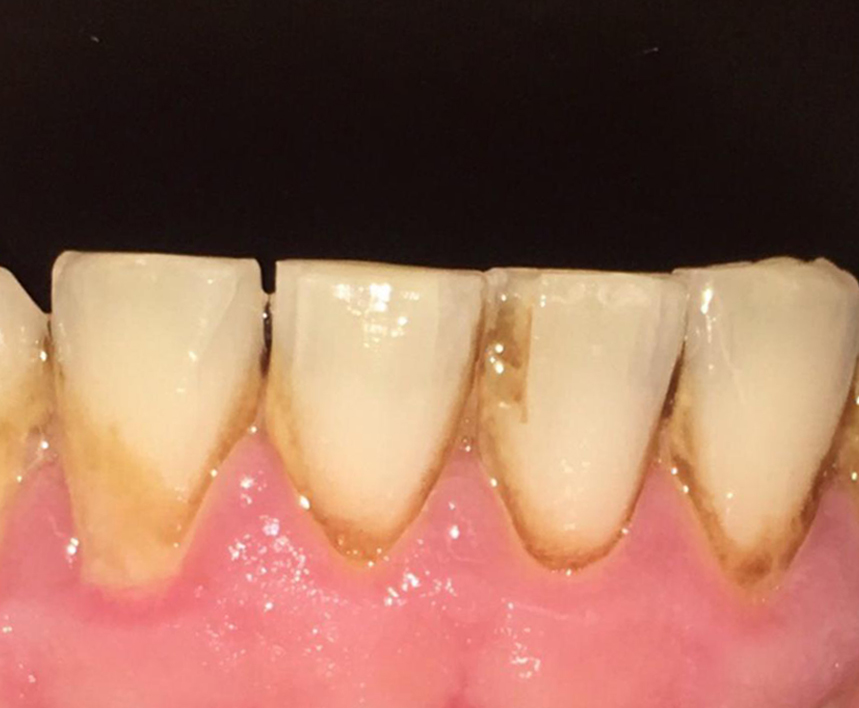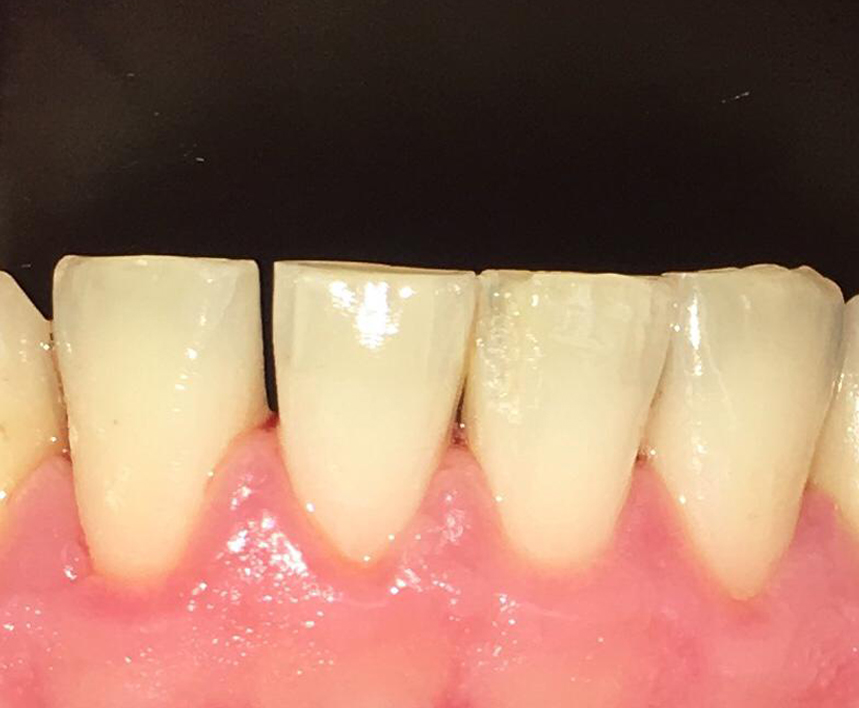Bad breath is a delicate and complex topic. It’s something that has many causes but ultimately results in a knock to your self-confidence.
It can also be daunting to raise the issue. However, it’s important that if you recognise bad breath as an issue, that you do speak to your dentist.
At Loy Dental Care, our team will be sensitive to your concerns. Not only will they help you on the road to fresh breath, but their professional advice is invaluable for uncovering the cause.
What causes bad breath?
The causes of bad breath (or halitosis) can vary from simply lifestyle and the food in your diet to more serious underlying health problems, such as gum disease and gum inflammation (gingivitis).
It can even be telling of issues in different parts of your body. Bad breath can be a sign of throat or lung infections, or of liver or kidney disease.
Halitosis can be a result of:
- Strong foods, such as garlic and onions
- Poor dental hygiene
- Regular consumption of alcohol and cigarettes
- Food caught between teeth
- Dry mouth
- Bacteria on the tongue
- Gingivitis and periodontal disease (the two most common types of gum disease)
- Health issues in another part of your body e.g. throat, liver, kidneys, lungs
How do I get rid of bad breath?
When was the last time you visited the dentist? It could be simply a build-up of bacteria from lifestyle habits, such as drinking coffee and smoking, eating strong-tasting foods or not brushing thoroughly enough. However, it could be an indication of a dental health concern.
Bad breath is a symptom, and with many possible underlying reasons, it is best to get a professional opinion. Your dentist is best placed to help decipher the cause.
If you are concerned about bad breath, speak to your dentist. They will be able to perform a routine examination to discover the cause and offer treatment and advice. Treatment will range from a hygienist appointment for a thorough clean and polish, to antibiotics for throat bacteria or a suitable plan to treat gum disease.
By treating the cause of your bad breath, your dentist or hygienist can help you achieve fresh breath and restore your confidence.
Fresher breath means a healthier mouth.
Stop bad breath before it happens
The most common cause of bad breath is simply bacteria in the mouth, caused by an inefficient oral care routine.
The most effective way of battling bad breath, and preventing it happening in the first place, is to keep up a regular routine. Brush all areas of your mouth thoroughly, ideally for around two minutes, twice a day; brush or scrape your tongue to remove bacteria, and floss between all of your teeth. It is best to wait at least 30 minutes after eating before brushing, especially if you have eaten anything acidic, such as oranges. The acid weakens your natural enamel and you could damage it further by brushing too soon.
You want to enjoy your food, without being concerned about your breath or trapped food, so keep some sugar-free chewing gum to hand. Chewing gum after a meal will help to subtly dislodge any trapped food, and chewing stimulates saliva that will naturally wash away tiny particles and bacteria.
Visiting your dentist and hygienist regularly for a professional check-up and scale and polish should be part of your dental care plan. It will go a long way in keeping your breath fresh.
Contact Loy Dental Care on 028 8676 6072 today to book your next hygienist check-up.




